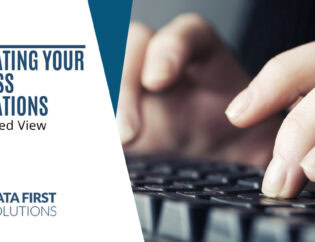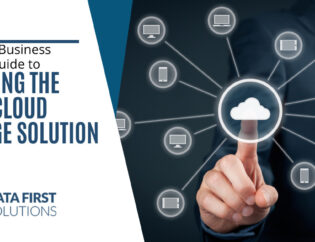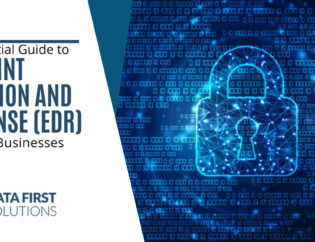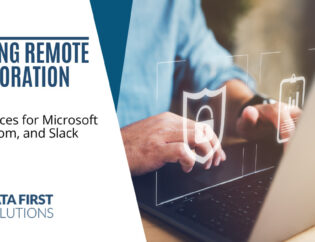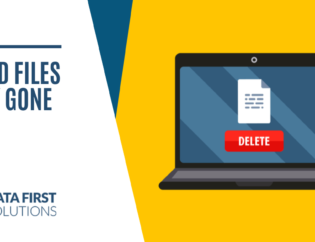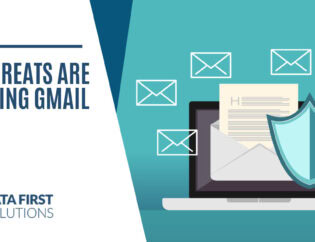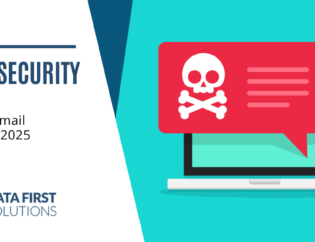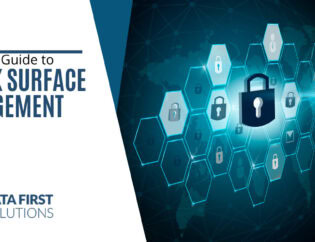
This guide will explore the importance of securing your PC and Office 365 environment, along with practical steps to enhance your overall cybersecurity posture.
The Growing Threat Landscape
Cybercrime has become increasingly sophisticated, with attackers employing a wide array of tactics to breach systems and steal valuable information. From ransomware attacks to phishing scams, the threats are diverse and ever-changing. As more businesses and individuals rely on cloud-based services like Office 365, the need for comprehensive security measures has never been greater.
Common Threats to PC and Office 365 Security
Some of the most prevalent threats include:
- Malware and viruses
- Phishing attacks
- Insider threats
- Weak or compromised passwords
- Unsecured networks
- Data breaches
Securing Your Personal Computer
Your PC is often the first line of defense against cyber threats. Implementing strong security measures on your personal device is essential to protect your data and prevent unauthorized access.
Keep Your Operating System Updated
Regularly updating your operating system is crucial for maintaining security. These updates often include patches for newly discovered vulnerabilities, helping to protect your system from the latest threats.
Install and Update Antivirus Software
A robust antivirus program is essential for detecting and removing malware. Ensure your antivirus software is always up-to-date to defend against the newest threats effectively.
Use a Firewall
Firewalls act as a barrier between your computer and potential threats from the internet. Enable your operating system’s built-in firewall or consider installing a third-party solution for added protection.
Implement Strong Password Practices
Create complex, unique passwords for all your accounts. Consider using a password manager to generate and store strong passwords securely.
Enhancing Office 365 Security
Office 365 offers a range of powerful productivity tools, but it also requires specific security considerations to protect your organization’s data and communications.
Enable Multi-Factor Authentication (MFA)
MFA adds an extra layer of security by requiring users to provide additional verification beyond just a password. This significantly reduces the risk of unauthorized access, even if passwords are compromised.
Configure Data Loss Prevention (DLP) Policies
DLP policies help prevent sensitive information from being shared outside your organization. Set up rules to detect, monitor, and protect sensitive data across Office 365 services.
Utilize Advanced Threat Protection (ATP)
Office 365 ATP provides robust email filtering and malware protection. Enable ATP to safeguard against sophisticated phishing attempts and zero-day threats.
Implement Mobile Device Management (MDM)
With the increasing use of mobile devices for work, implementing MDM policies is crucial. This allows you to secure and manage access to Office 365 resources from various devices.
Educating Users on Security Best Practices
Technology alone cannot guarantee complete security. User education plays a vital role in maintaining a secure environment.
Conduct Regular Security Awareness Training
Organize training sessions to educate users about current cyber threats, how to identify them, and best practices for maintaining security.
Encourage Responsible Internet Usage
Promote safe browsing habits and caution when opening email attachments or clicking on links from unknown sources.
Implement a Clear BYOD Policy
If allowing personal devices for work, establish clear guidelines for their use and security requirements.
Monitoring and Responding to Security Incidents
Proactive monitoring and swift response to security incidents are crucial components of a comprehensive security strategy.
Utilize Office 365 Security and Compliance Center
Take advantage of the built-in monitoring and alerting features in Office 365 to detect and respond to potential security threats quickly.
Develop an Incident Response Plan
Create a detailed plan outlining the steps to be taken in the event of a security breach. This should include roles and responsibilities, communication protocols, and recovery procedures.
Regularly Review and Update Security Measures
Cyber threats are constantly evolving, so it’s essential to regularly assess and update your security measures to stay ahead of potential risks.
Leveraging Third-Party Security Solutions
While Office 365 offers robust built-in security features, third-party solutions can provide additional layers of protection and specialized capabilities.
Email Security Gateways
Consider implementing an email security gateway to enhance protection against advanced email-based threats and provide additional filtering capabilities.
Cloud Access Security Brokers (CASBs)
CASBs can offer enhanced visibility and control over your cloud-based applications, including Office 365, helping to enforce security policies and prevent data leaks.
Endpoint Detection and Response (EDR) Solutions
EDR tools can provide advanced threat detection and response capabilities for your endpoints, complementing the security features of Office 365.
Compliance and Data Privacy Considerations
Ensuring compliance with data protection regulations is a critical aspect of securing your Office 365 environment, especially for businesses handling sensitive information.
Understand Relevant Regulations
Familiarize yourself with data protection regulations applicable to your industry and region, such as GDPR, HIPAA, or CCPA.
Utilize Office 365 Compliance Features
Take advantage of the compliance tools and features built into Office 365, such as data retention policies, eDiscovery, and audit logging.
Regularly Conduct Security Audits
Perform regular security audits to ensure your Office 365 environment remains compliant with relevant regulations and internal security policies.
A Holistic Approach to Security
Securing your PC and Office 365 environment requires a comprehensive and proactive approach. By implementing the strategies outlined in this guide, you can significantly enhance your overall security posture and protect your valuable digital assets from evolving cyber threats.
Remember, security is an ongoing process that requires constant vigilance and adaptation. Stay informed about the latest security trends and threats, and be prepared to adjust your security measures accordingly.
At Data First Solutions, we understand the complexities of maintaining a secure digital environment. Contact us to learn how we can help you implement robust security measures tailored to your specific needs. Our team of experts is dedicated to ensuring that your PC and Office 365 environment remain protected against the ever-changing landscape of cyber threats.
